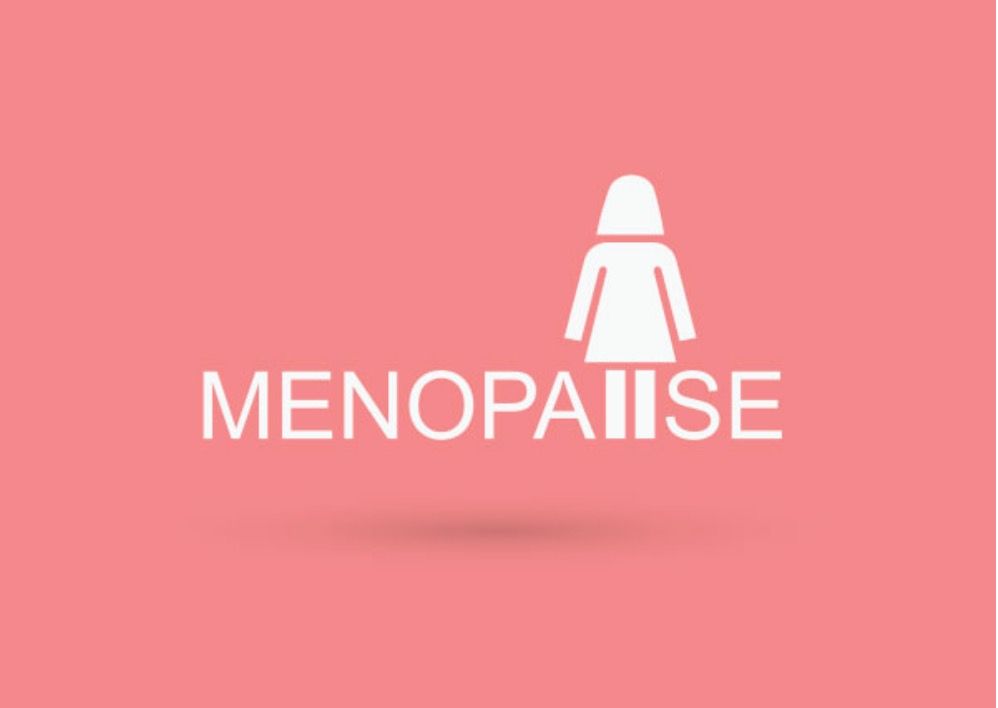Health, Hormones
Understanding Menopause

The natural progression of the human life cycle may be an expected stage of development but as with any change, an opportunity for questioning. As pre-pubescent females burgeoning upon adulthood we asked the question, “What is happening to me?” And rightly so, as our outward appearance was an active metamorphosis of child into potential mother. Menopause is no less of a change with less of an outward expression of such. As “the change” approaches, in some ways, we deny its existence until we feel the hot breath breathing down our necks. Walking into menopause prepared for what to expect will inevitably leave us better off to embrace the next and very lovely phase of womanhood.
Typical women start transitioning into menopause in their mid to late forties. Even if you do not completely cease menstruation, you may be in a stage called perimenopause for several years. During perimenopause, you will still be fertile so you would need to continue using birth control if you are sexually active and not planning to have children. Estrogen, progesterone, and testosterone are the three major sex hormones that the female body produces. As a woman enters perimenopause, these hormones begin to decline and behave somewhat erratically until they inevitably drop to pre-pubescent levels.
One of the first hormones to decline in a female is testosterone. By a woman’s fortieth birthday, her testosterone levels have dropped to approximately half those of her younger years. The effects of such a drop can be seen in a declining libido and decreased sexual satisfaction. Many women do not notice this decrease in sexual interest immediately, but it is becoming an increasingly common thread in social media posts and ads. The only remedy for libido decline, if it is related to low testosterone levels, isn’t a tea, a pill, or a special tincture. Many clinicians find that treating women with bioidentical testosterone therapy can improve sexual desire, and among other issues; muscle mass loss, fatigue, and memory loss. It is very important for ladies who are experiencing these symptoms to be seen by a practice that specializes in bioidentical hormone replacement therapy (BHRT) since these practices treat this deficit regularly and would be able to monitor a patient in the ways necessary to keep their levels optimized while keeping any adverse symptoms minimized.
As the ovaries age, females also experience a decline in the sex hormone progesterone, a hormone that helps to regulate the menstrual cycle. When in decline, this drop can aggravate symptoms of depression and anxiety. Progesterone balances the body’s estrogen. When the progesterone starts declining prior to the estrogen, there is no longer a balance and the perimenopausal female starts experiencing symptoms of estrogen dominance. Some symptoms of estrogen dominance are weight gain, decreased sex drive, depression, breast tenderness, fibroids, and gallbladder problems. Regulating the progesterone can help women avoid the effects of estrogen dominance in the years preceding menopause. Regular dosing of this “relaxation hormone” can also help ladies get much-needed sleep when it is hard to come by.
Estrogen levels during peri and full menopause can go from extreme highs to extraordinary lows. Women experience the tell-tale hot flashes during these stages of hormonal flux and are left with vaginal atrophy and more common urinary tract infections. After the roller coaster ceases and the estrogen levels remain very low, vaginal dryness remains. If the vagina is regularly treated with applications of intimate lubricant women may think there is now no need to treat their low estrogen. On the contrary, estrogen is a notably protective compound in female physiology far beyond keeping vaginal tissue from atrophy. When females reach menopause and the lowest estrogen state of their adult lives, they reach a point where they are at an equivalent to men in the risk of heart disease and stroke.
Multiple clinical studies have cited that females who have undergone hormone replacement therapy even at some point in their post-reproductive lives are at a lower risk for coronary artery disease than those who have not. Osteoporosis is also a major concern for women after childbearing age ends. Essentially estrogen is bone protective as it stimulates bone growth. When the estrogen in the body has decreased significantly, particularly after menopause, there is a higher risk for bone tissue degradation and breakage. Replacing that estrogen is crucial to maintaining bone health in postmenopausal women. Studies also note that women who have been on some sort of hormone replacement therapy are better protected than those who have not, from diseases such as colorectal cancer
Replenishing and replacing lost sexual hormones is more than just a way to make a woman “feel better” when levels are lowest. During perimenopause and menopause, it becomes an issue of maintaining the vitality of youth, protecting the heart, bones and even decreasing the risk for certain cancers. When women start bioidentical hormone replacement therapy, they are taking a giant step toward feeling better and becoming healthier versions of themselves. Improvements in general health overall; physical, emotional, and sexual; are crucial for women to continue to thrive and “press play” through menopause.
Learn more at Biltmore Restorative by calling us at (828) 505-2885 to schedule a consultation.
